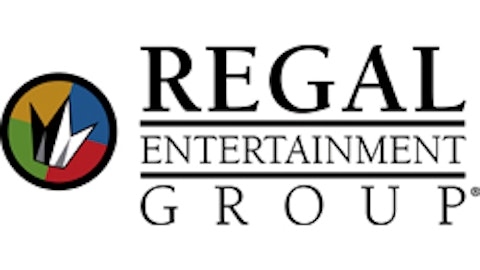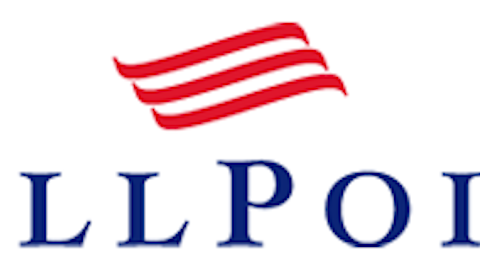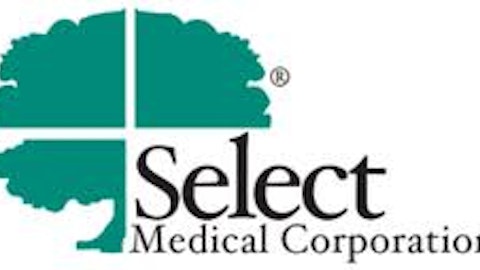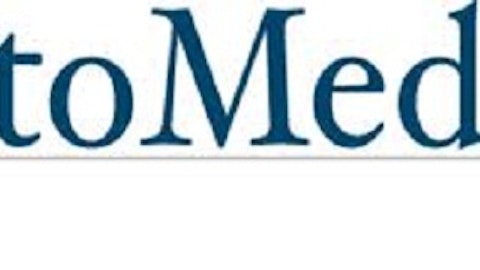Actually, no, it isn’t. In fact, in what few words Intuitive Surgical CEO Gart Guthart put out in yesterday’s press release, he had this to say (emphasis mine), “While we are disappointed in our performance this quarter, particularly with respect to our capital sales in the U.S., overall procedure performance was solid in a difficult environment.” This is one of those rare cases where blaming Europe simply isn’t justified.
This is the real problem
What I suspect to be Intuitive Surgical’s real reason for the revenue shortfall isn’t truly listed in its press release other than a mention of “economic pressures on hospitals.” That, my fellow Fools, is what I suspect is code terminology that blames the uncertainties caused by the pending implementation of the Patient Protection and Affordable Care Act, also known as Obamacare. That’s right, folks; I’m blaming Obamacare for Intuitive Surgical’s mess.

Source: White House, Wikimedia Commons.
As we’ve discussed many times over in the past, Obamacare has plenty of proposed benefits and quite a few shortcomings as well. But, if there’s one thing that both sides of the aisle can agree on, it’s that there are a slew of still unanswered questions surrounding its implementation, costs, and the state-run exchanges, just to name a few things. The uncertainties and added costs of the PPACA are beginning to take their toll on Intuitive, and there could be more companies to follow.
How Obamacare is hurting Intuitive Surgical
For more than a year now, investors (me included) have been focused on the negative effect that the 2.3% medical device excise tax would have on top-line results and innovation for medical device makers like Intuitive Surgical. While I’m sure this tax isn’t helping Intuitive, it only tells part of the story why it’s hurting.
In preparation for the implementation of Obamacare, there are also a slew of cost uncertainties for hospitals and insurers.
Though hospitals are widely expected to be the biggest beneficiaries of Obamacare since the individual mandate will require everyone to carry health insurance and ultimately lower their doubtful accounts provision, they also have plenty of uncertainties to contend with.
Take, for instance, the flat penalty for failing to obtain health insurance in 2014 is just $285 per family, or 1% of family income — whichever is greater. This relatively minuscule fee may encourage currently uninsured individuals to remain uninsured, making little headway on hospitals’ doubtful provisions. At the same time, Medicare reimbursement rates for acute-care hospitals are likely to fall in 2014 and beyond as the government attempts to reduce its roll in funding many for-profit health care institutions. This is a dicey scenario for large hospital operator HCA Holdings Inc (NYSE:HCA), which logged more than 10% of its total revenue last year as doubtful. If a sizable number of patients walking into its hospitals remain uninsured, HCA Holdings Inc (NYSE:HCA) will be unable to meaningfully reduce its doubtful accounts as reimbursement rates fall. To that end, it’s not unexpected to see hospitals wavering on spending big bucks on the da Vinci surgical system, which is approaching a $2 million price tag!





